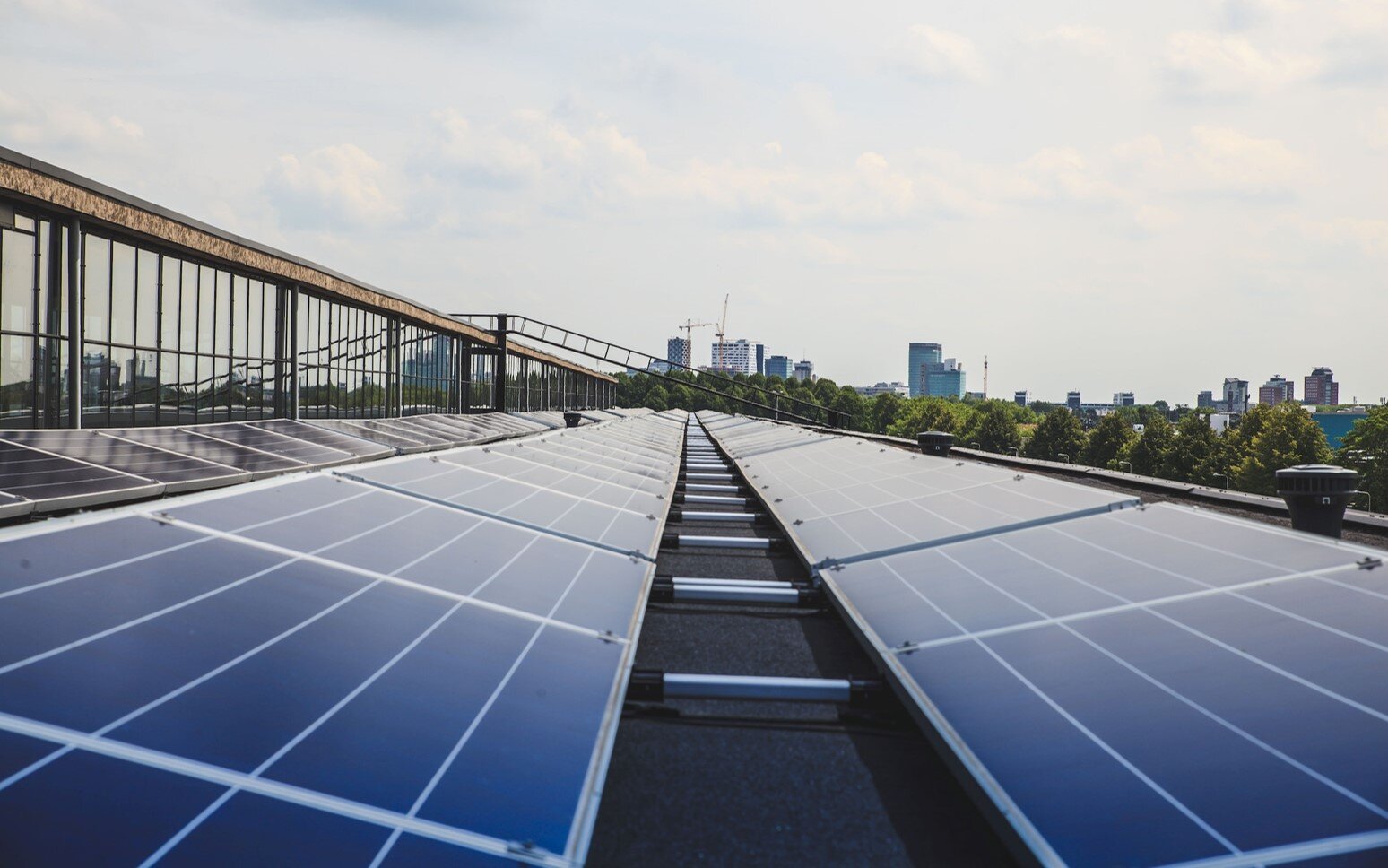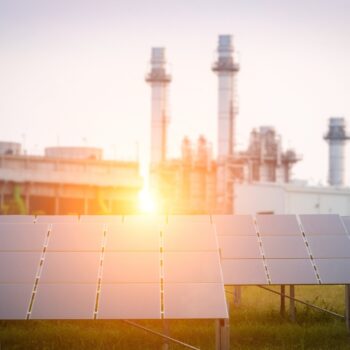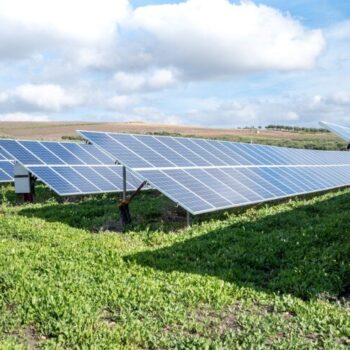One year after Russia invaded Ukraine, Europe is still facing daunting challenges. While governments have weathered the ensuing crises, global gas markets remain tight and costs of living keep increasing. Now is the moment for Europe to pivot from emergency response to sustained energy security by embracing renewables and energy efficiency.
One year since the start of the war in Ukraine, the EU and the UK have weathered a difficult year marked by the energy crisis. Emergency measures were needed to bridge gaps in gas supply and energy prices, and governments delivered. But now it’s time to shift from reacting to emergency, to planning for stability.
European leaders can take concrete steps this year to prevent a gas supply shortage, reduce energy waste and build household and industry resilience to high and volatile prices. This will have the added benefit of driving climate leadership and a thriving home-grown cleantech economy.
We’ve weathered a hard winter. The next should find us ready
Russia’s unprovoked war against Ukraine has had far-reaching consequences for energy security in Europe, including tightening of the global supply of fossil fuels. Energy prices that were already high in the fall of 2021, skyrocketed. Households, businesses, and industries in Europe were faced with impossible energy bills. Governments were forced to act, with European countries spending over €700 billion (around 4% of EU GDP) to shield households and industry from high energy costs between September 2021 and October 2022.
These high and volatile energy prices are here to stay. Analysts predict gas prices will remain above 2021 levels until at least 2025. By next winter, gas supply from Russia will have more than halved compared to 2022 and is likely to stop entirely in 2023. The IEA highlights the risk of a supply–demand gap in 2023 of 57 bcm of gas for the EU (the equivalent of 14% of 2021 total EU demand).
This means coming winters have the potential to be even more challenging, unless European governments proactively begin to shift our economies away from fossil gas.
Seizing the momentum: major global economies are ramping up their transition to a clean economy
The world is entering a new green industrial age for energy technology manufacturing – with the opportunity for a $650bn/year global market and 14 million jobs by 2030. Economic momentum and demand for clean solutions is booming, with 2022 a record year for new wind and solar installations, heat pump booms across Europe, and 87% of Europeans favouring massive investments in renewables.
Spurred by the US’s Inflation Reduction Act, the EU’s Green Deal Industrial Plan is an opportunity for governments and businesses to invest in a thriving cleantech industry for Europe. Meanwhile, in the UK, the biggest business leaders are voicing concern that the country risks getting left behind on green growth unless it also comes up with a commensurate plan.
But this momentum risks fizzling out unless our governments shift to focus on the 2023-2025 timeline and start addressing persistent challenges. Deploying more renewables and saving more energy are critical, but projects and initiatives are slowed by bottlenecks and increasing prices. Pressures on supply chains, high energy and materials costs, limited fiscal support and finance availability, as well as skills shortages threaten Europe’s energy security.
Without action to address these bottlenecks and a driving force to reduce reliance on fossil gas, Europe risks losing its momentum for clean economy leadership, putting it’s long-term energy security on the line.
From emergency to energy security in Europe: four action areas for governments
Support for the energy transition in the following areas will help us prepare for next winters’ crunch:
- Strengthening and scaling up the sectors, skills and supply chains that drive structural gas demand reduction, while establishing long-term clarity.
- Ensuring a political and institutional driving force to prioritise and implement solutions
- Targeting energy waste and reducing demand in heavy industry.
- Boosting available finance and incentives through public and private channels.
The EU and UK governments need to pivot from crisis mode and prepare for the coming winters. Making our economy independent of fossil gas is the fastest and most affordable path out of the crisis. Now is the moment to tackle bottlenecks, structurally cut gas demand, and set up a thriving clean economy for our citizens.
Read more on the recommendations under these four priorities for the European Union and its member states, and on the UK’s Home energy security strategy.


